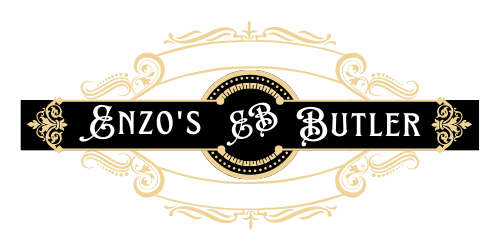Exploring the Depths of Language: Understanding the Phrasal Verb 'Delve Into'
Delving into the nuances of a language can be an exciting and enriching experience for learners and enthusiasts alike. The phrasal verb 'delve into' is a phrase that denotes a deep and thorough investigation or exploration of a subject, topic, or issue. This expression is widely utilized across various contexts, but exploring its usage in the realm of creativity can shed light on how it enhances our understanding and expression within the English language.
The Meaning of 'Delve Into'
Before we unleash the creative applications of 'delve into,' let's first establish what this phrasal verb means. To 'delve into' something is to research or study it intently. It can also mean to physically dig or search within something. Derived from the Old English 'delfan,' meaning to dig, the verb has evolved over time. Nowadays, it mostly refers to intangible forms of exploration, such as intellectual inquiry or emotional introspection.
'Delve Into' and Creativity
Creativity is all about exploring ideas and concepts that are new, unusual, or innovative. When we 'delve into' creativity, we give ourselves the freedom to explore the depths of our imaginations without restraint. Here's how 'delve into' can be used in the context of creativity:
Ideation
When starting a new project, you may hear an artist or writer talk about needing to 'delve into' a particular theme or subject matter. This reflects the process of immersing oneself into the core of an idea to uncover new and exciting possibilities.
"For my latest novel, I really had to delve into the psychology of my protagonist to ensure that her actions resonated authentically with readers."
Research
For historical fiction authors, 'delving into' the past is crucial to capturing the essence of the times they wish to portray. They may spend countless hours in libraries or archives doing just that to ensure their narratives are as accurate as possible.
"To bring the Victorian era to life, the author delved into old newspapers and court records, adding a layer of authenticity to the story."
Creative Process
Many creators 'delve into' different mediums or techniques to broaden their skills and take their art in new directions. This exploration can lead to unique combinations of styles and the birth of groundbreaking work.
"The painter delved into digital methods to challenge her traditional oil painting technique, resulting in an entirely new art form."
Emotional Exploration
Creativity often requires a deep dive into one's own emotions. When creating characters or settings that evoke strong feelings, 'delving into' one's own experiences can provide rich material.
"As a method actor, he delves into his own past traumas to authentically depict his characters’ anguish."
Problem-Solving
In the creative industries, 'delving into' a problem is a standard approach to finding innovative solutions. It involves looking beyond the surface and considering various angles.
"The design team delved into the project constraints to come up with a creative solution that met all the client's needs."
In each of these illustrations, we see that to 'delve into' is not a surface-level engagement but rather an invitation to journey to the heart of a matter—be that an artistic technique, a complex emotional landscape, or the intricate backstory of a character.
Conclusion
The phrase 'delve into' is a multifaceted tool in the English language, particularly poignant within the sphere of creativity. It encourages an exhaustive examination, prompting individuals to go beyond the superficial and truly immerse themselves in whatever subject they're passionate about. Whether it's an author researching a novel's setting or a musician exploring a new genre, 'delve into' represents the dedication required to truly understand and innovate within any creative endeavor.
By incorporating the phrasal verb 'delve into' into their linguistic repertoire, language learners can more accurately articulate the intensity and depth of their inquiries, both in everyday conversation and in the complex processes of creative work.
